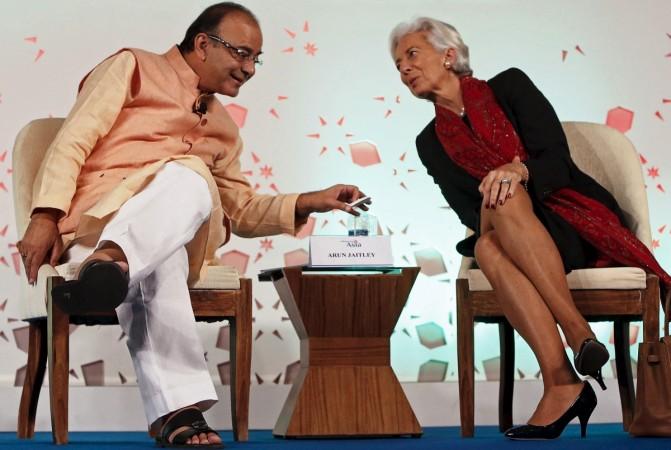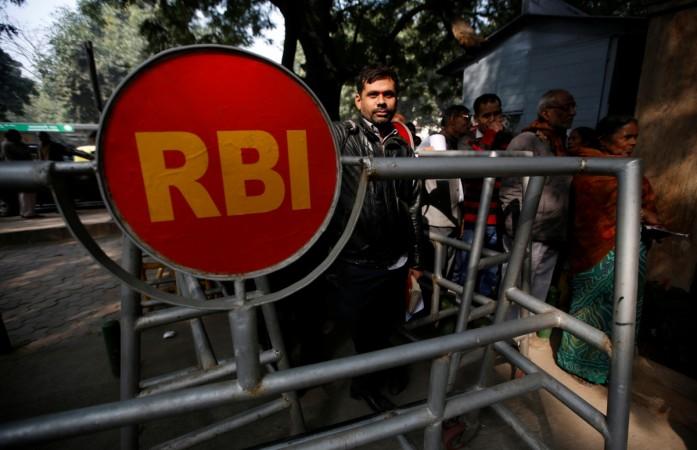
India has lost its rank as the world's fastest growing major economy in the International Monetary Fund's (IMF) tally after it slashed India's growth projection for 2017 by 0.5 percent to 6.7 percent on Tuesday.
But an IMF official briefing the media about the World Economic Outlook report called it a "blip" in a longer term positive picture for India.
The report projected India to regain the top spot next year with a 7.4 percent gross domestic product (GDP) growth rate.
In the medium term, India's growth rate could reach 8 percent helped by several structural reforms, including the Goods and Services Tax (GST), that are underway, the report said.
For now, China has edged slightly ahead to be the growth champion with a projected growth rate of 6.8 percent, according to the latest IMF report.
IMF's 6.7 percent growth rate projection is in line with the Reserve Bank of India's forecast.
But they are at the low end of the spectrum of estimates made by the IMF and four other international organisations with the UN Department of Economic and Social Affairs (UNDESA) putting it at 7.3 percent.

The IMF's previous projections for 2017 made in April and July had put India's economic growth rate at 7.2 percent.
Explaining the cut, the report said that India's growth momentum slowed because of "the lingering impact" of last year's demonetisation "as well as uncertainty related to the midyear introduction of the country-wide Goods and Services Tax".
Although the report blamed the GST as a factor in lowering the growth projection for this year, the IMF said that it "is among several key structural reforms under implementation that are expected to help push growth above 8 percent in the medium term".
Globally, the economic picture has brightened a bit, with the world growth for this year projected at 3.6 percent, up from last year's 3.2 percent. For next year it was projected at 3.7 percent.
Releasing the report in Washington, IMF Research Director Maurice Obstfeld said: "The global recovery is continuing, and at a faster pace. The picture is very different from early last year, when the world economy faced faltering growth and financial market turbulence. We see an accelerating cyclical upswing boosting Europe, China, Japan, and the United States, as well as emerging Asia."
On the plus side for Inida, the IMF raised last year's growth rate by 0.3 percent to 7.1 percent from the 6.8 percent it had projected in April citing "strong government spending and data revisions."
It also raised the growth rate for 2014 and 2015 by 0.2 percent from the 7.3 percent estimated earlier.

The IMF recommended that "simplifying and easing labor market regulations and land acquisition procedures" in India to improve the business climate.
Another recommendation was to facilitate more women to join the labour force because "gender gaps in labor force participation not only hold back potential output but also limit women's economic and social opportunities, harming inclusiveness."
There is a wide range in the projections by different agencies, ranging from the 7.3 percent for this year and 7.9 percent for the next year made by the UNDESA in May to Asian Development Bank's projection last month of 7 percent for this year and 7.4 for next year.
Another UN agency, the Economic and Social Council for Asia and the Pacific (ESCAP), also in May, expected this year's growth rate to be 7.1 percent before rising to 7.5 percent next year.
The World Bank's growth projection made in June was 7.2 percent for this year and 7.5 percent next year.









